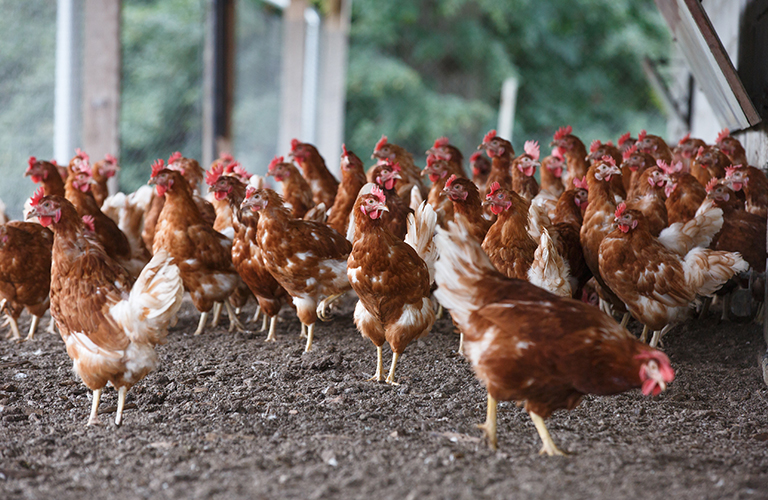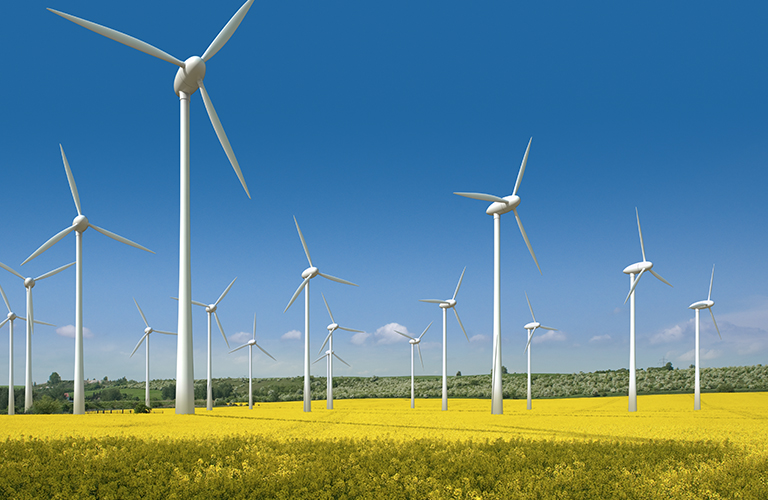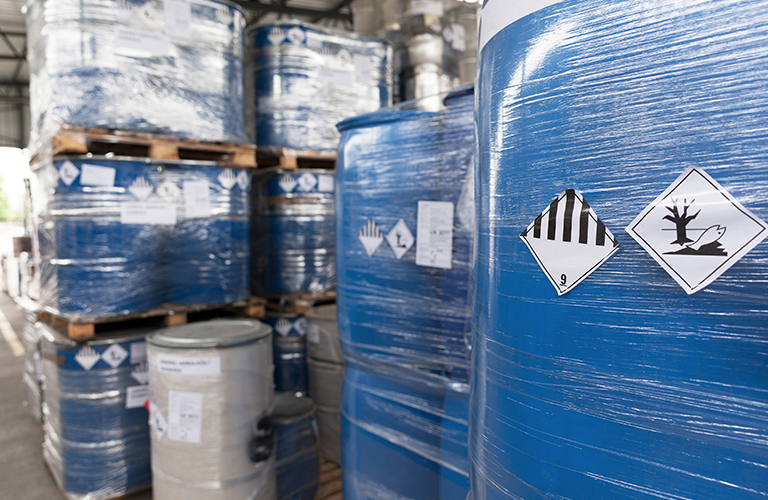
In the first quarter of 2018, developers have installed 2.5 Gw of solar power – up 13% from the previous year. According to a report from the Solar Energy Industry Association and GTM Research, the 2.5 Gw increase accounted for 55% of all new power generation with solar panels beating new wind and natural gas turbines for a second straight quarter. The growth in the solar sector came despite tariffs on imported panels which were anticipated to increase costs for developers. According to GTM, total anticipated installations this year are expected to be upwards of 10.8 Gw. For more information,… Read more










